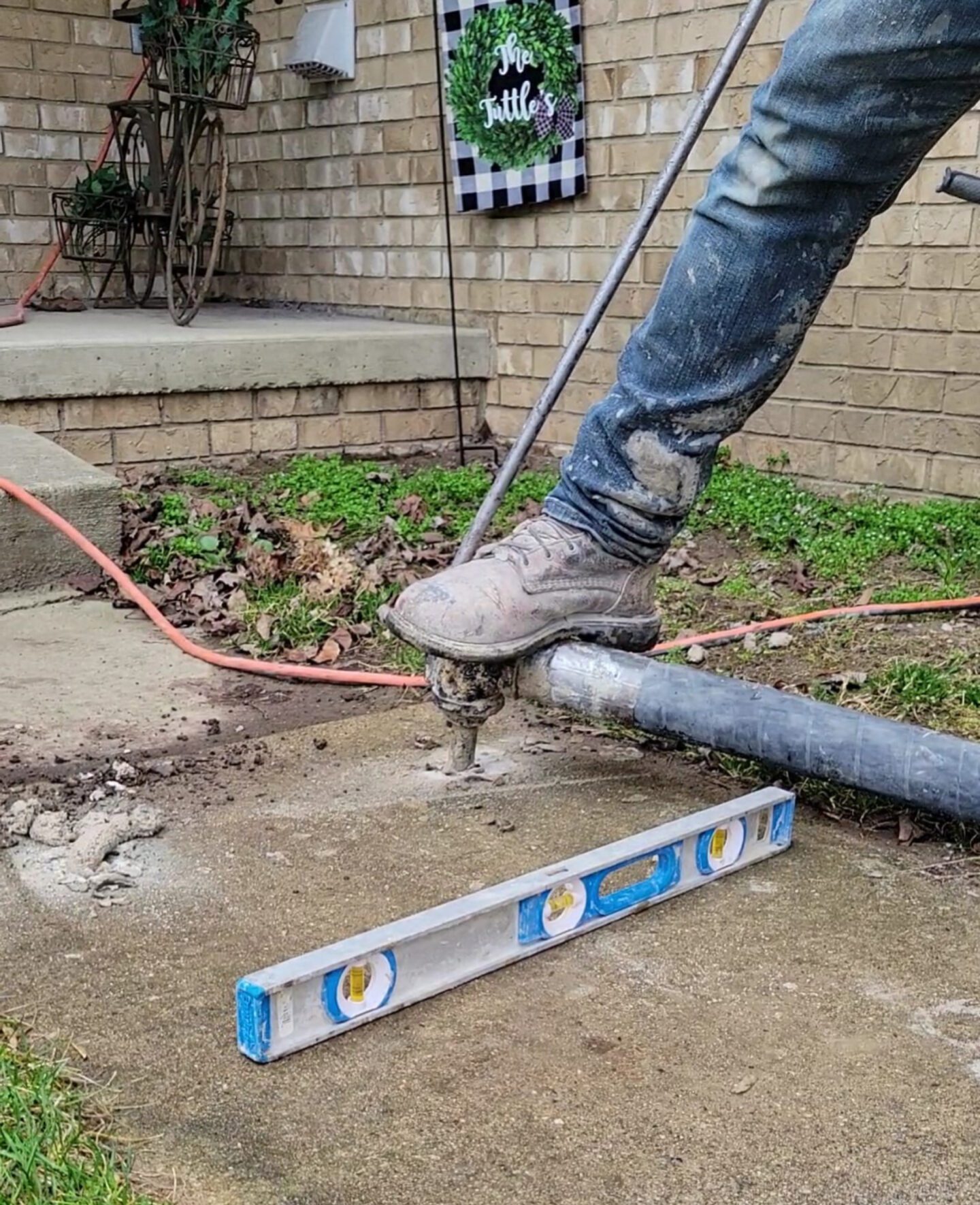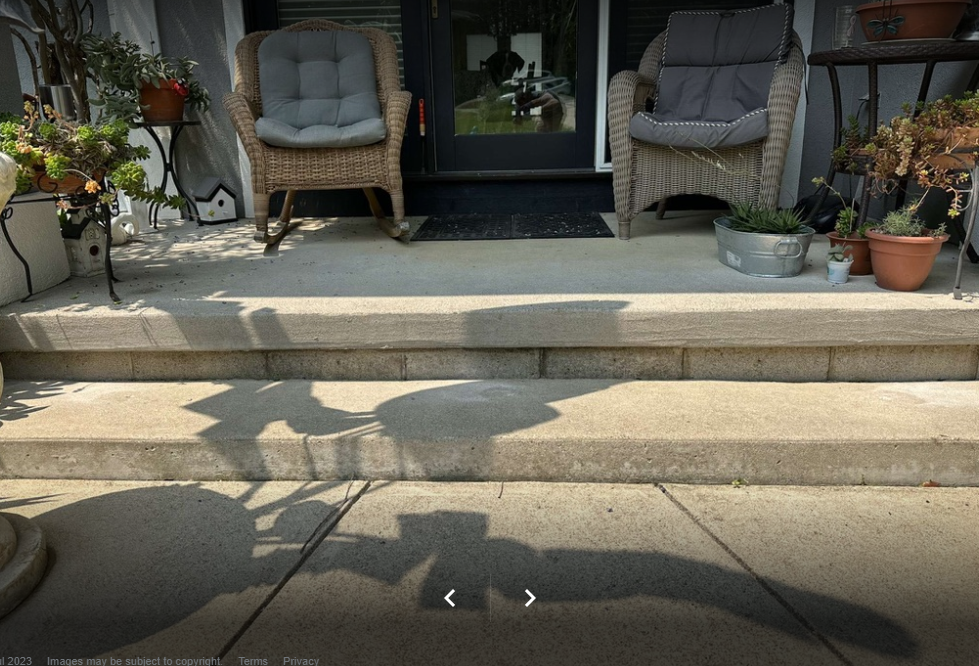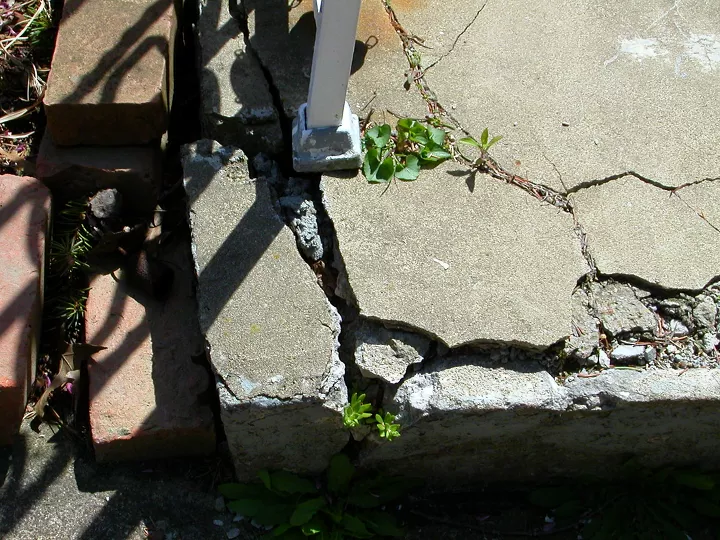The Advantages of Residential Concrete Leveling: Limestone vs. Polyfoam Techniques
As the foundation of any structure, concrete plays a crucial role in maintaining the stability and integrity of residential buildings. Over time, factors such as soil settlement, erosion, or improper installation can lead to concrete slabs sinking or becoming uneven. When faced with this issue, homeowners have two primary options for concrete leveling: traditional limestone leveling and innovative polyfoam leveling techniques. Both methods have their merits and advantages, making them popular choices for addressing uneven concrete surfaces. In this article, we will delve into the benefits of each method and conclude with a compelling argument urging readers to choose Detroit Concrete Leveling, a company that excels in both techniques.
- Limestone Leveling Technique:
- Time-Tested and Durable: Limestone leveling has been a preferred method for decades, and its longevity is a testament to its effectiveness. By using crushed limestone to fill voids beneath the concrete slabs, this technique restores stability and can withstand various weather conditions.
- Eco-Friendly: Crushed limestone is a natural and abundant resource, making it an environmentally friendly choice for concrete leveling. Its use minimizes the need for synthetic materials, reducing the project’s overall carbon footprint.
- Cost-Effective: Limestone is relatively inexpensive compared to alternative materials, making this method an economical option for homeowners seeking concrete leveling solutions on a budget.
- Fire-Resistant: Limestone is inherently fire-resistant, enhancing the safety and security of the residential structure.
- Polyfoam Leveling Technique:
- Lightweight: Polyfoam, a high-density polyurethane foam, is exceptionally lightweight. This characteristic reduces stress on underlying soils, making it an ideal choice for situations where heavy materials might cause additional settling.
- Quick and Non-Invasive: The polyfoam leveling technique requires smaller injection holes, causing minimal disruption to the property. Additionally, the curing process is rapid, enabling homeowners to use the area again soon after the leveling process is complete.
- Water-Resistant: Polyurethane foam is highly water-resistant, preventing future issues arising from water intrusion or absorption.
- Adjustable Density: The density of polyfoam can be adjusted to suit the specific requirements of the project, ensuring precise and tailored results.
When it comes to residential concrete leveling, the decision between limestone and polyfoam techniques can be challenging. Both methods offer distinct advantages, making them viable solutions for different scenarios. However, there is one company that excels in providing top-notch services utilizing both limestone and polyfoam techniques – Detroit Concrete Leveling.
With a team of highly skilled professionals and state-of-the-art equipment, Detroit Concrete Leveling has earned a reputation for excellence in the industry. They understand the unique needs of homeowners and offer tailored solutions to address various concrete leveling challenges. By choosing Detroit Concrete Leveling, you can rest assured that your property’s concrete surfaces will be restored to their original level, ensuring enhanced safety and longevity for your home.
Don’t compromise on the structural integrity of your residential property. Embrace the expertise and experience of Detroit Concrete Leveling and witness the transformation of your uneven concrete surfaces into stable, safe, and attractive foundations. Invest in the future of your home and secure the peace of mind you deserve. Choose Detroit Concrete Leveling today!




